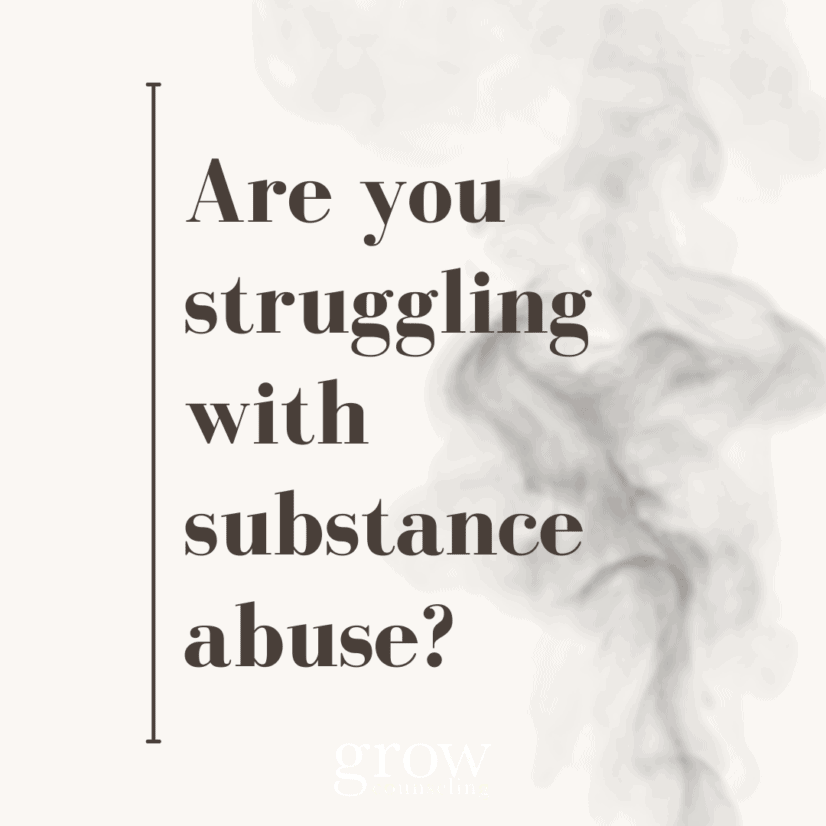Oftentimes, those struggling with substance abuse are unsure whether they truly have a problem with substances or may hear conflicting opinions from others. When questioning, it can be helpful to ask ourselves if either of the formal definitions seems true for you.
“Substance abuse” refers to any problem with substances and includes substance abuse (a mild version of the disorder) or substance dependence (a severe version of the disorder).
Let’s look at the difference between the two.
SUBSTANCE ABUSE CHECKLIST (Keep note of any that are true for you, being really honest with yourself.):
- Substance use that results in failure to fulfill obligations (e.g. work, parenting).
- Repeated substance use in situations that are physically dangerous (e.g. driving)
- Repeated legal problems resulting from substance abuse (e.g. disorderly conduct)
- Continued substance abuse despite repeated problems from it (e.g. arguments with people).
*If any one of the above is true for you, you would be diagnosed with substance abuse.*
SUBSTANCE DEPENDENCE CHECKLIST (Keep note of any that are true for you, being really honest with yourself.):
- Q: My quantity of substance use has increased.
- U: I am unable to control my substance use.
- I: My substance use interferes with my responsibilities (e.g. work, home, parenting).
- T: My time is heavily devoted to using the substance.
- N: I need more of the drug to obtain the same effect (“tolerance”).
- O: Other aspects of my life have been damaged by substance use (e.g., health, social life) but I continue to use.
- W: Physical withdrawal symptoms occur when I stop using the substance. Also, I may take the substance to manage my withdrawal symptoms.
*If any three of the above are true for you, you would be diagnosed with substance dependence.*
We can remember the check-list using the acronym, “QUIT NOW.” It is very important to be honest with yourself while answering the above checklists as dishonesty and secrecy is very common for those struggling with substance abuse. If your answers to the above checklists concern you, consider finding a therapist who specializes in working with addiction.
Although substance abuse may isolate you – you don’t have to be alone in getting the help you need for it!
*The following content came from the treatment manual used to treat Substance Abuse & PTSD titled: Seeking Safety by Lisa M. Najavits.
Written by: Betty Gebhardt

